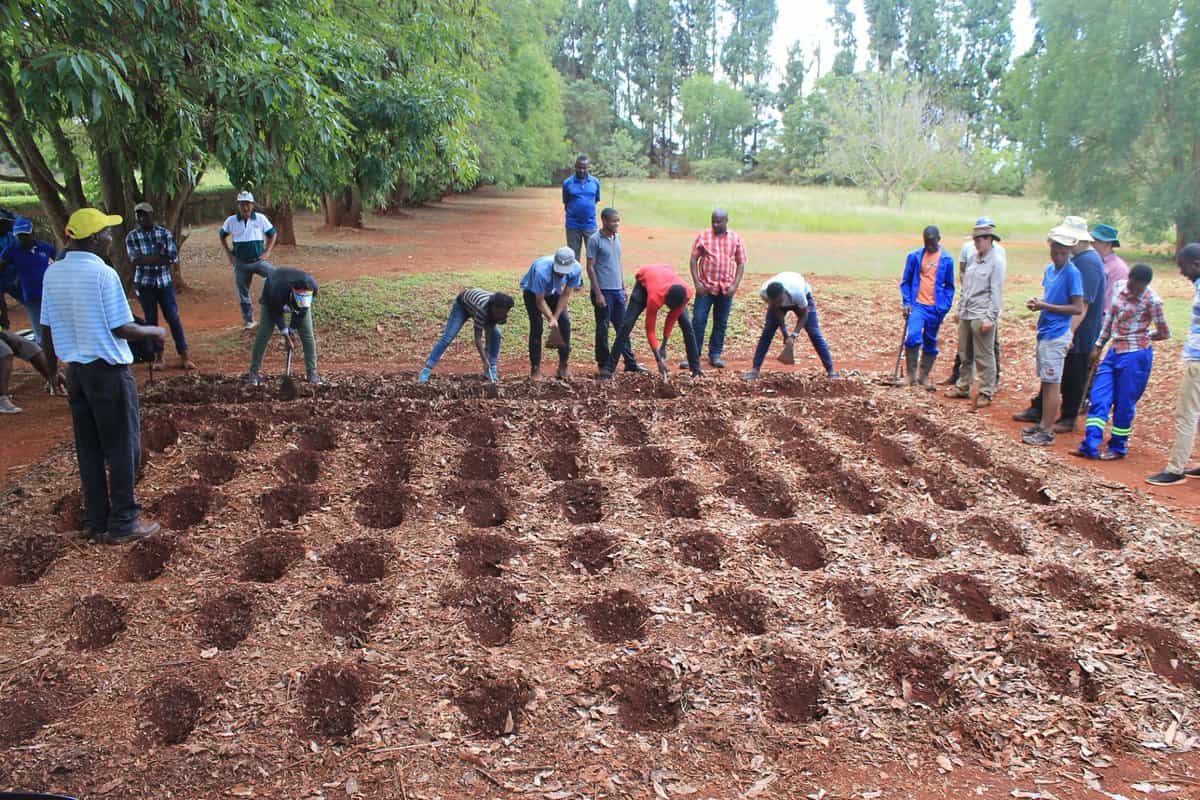🍔 Food Tech
A lot of innovation is going on in food tech, making food cheaper, more nutritious, better tasting and with less emissions during production. Here you'll find articles about AI, sensors and IoT, big data, digital biology, precision farming, cell-grown meat, GMO and automation.
🥗 Are you ready for the new food? - Oumph, algae and lab grown meat
We already know that meat production, trawling, and monoculture farming in mega formats are environmental culprits with an end date. But there is new climate-smart food being developed – and it's happening fast.
🌴 Substitute to palm oil brings hope for the rainforest
Canadian scientists develop an eco-friendly substitute for palm oil that is good for human health and will hopefully reduce deforestation of rainforests.
🥬 Vertical gardens push the future of agriculture towards the sky
Vertical gardens produce a large amount of fresh vegetables with minimal water consumption, without pesticides and genetic modification.
🍅 3 smart technologies that reduce food waste
10 billion tonnes of food is produced yearly, but one third of it is wasted. This has to stop, and there are several smart technologies that can help us with that.
🐝 Biological control of elephants bearing fruits in Zimbabwe
Elephant beehive fencing protects the crops and provides safety for farmers. The honey from the bees also means an additional income, writes Khumbu Muleya, Warp News reporter in Zimbabwe.
🥩 Grows steak in space - that we also can eat on Earth
A steak produced in space - without killing a cow. Does that sound like science fiction? Well, now it's science fact.
🌽 New farming method brings hope to farmers in Southern Africa
Pfumvudza is a conservation agriculture practice emphasizing intensifying production on a smaller unit area rather than spreading fewer inputs over a large piece of land.
🌾 An AI analysis shows that we can stop world hunger for two percent of the US defense budget
For $ 14 billion a year, we can make sure that almost everyone in the world can eat their fill.








